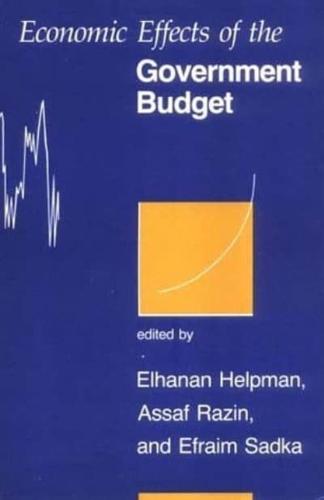Publisher's Synopsis
The effects of a government's budget on society and the political economy are of considerable concern to economists as well as to consumers and taxpayers. The original contributions in this book analyze all of the budget's components expenditures, revenues, the deficit - with a special emphasis on issues that have assumed increasing importance over the last decade or so, such as intergenerational transfers of debt and declines in corporate tax revenues. Chapters deal with both microeconomic and macroeconomic aspects of the effects of budgets, and demonstrate how budgetary policies affect inflation, efficiency, the balance of payments, exchange rates, and the decision-making process. The contributions are grouped into five sections. The first covers the revenue side of the budget - taxation policy and its interaction with emigration, corporate tax revenues, personal income taxes, and fiscal policies. The second takes up intergenerational transfers, consumption decisions, and Ricardian equivalence and neutrality. Budget deficits and optimal policies, inflation and its relationship to budget deficits are examined in parts three and four. The book concludes by looking at stabilization in open economies, and includes treatments of the consequences of balance-of-payments crises, exchange rate management under uncertainty, and foreign exchange operations.









